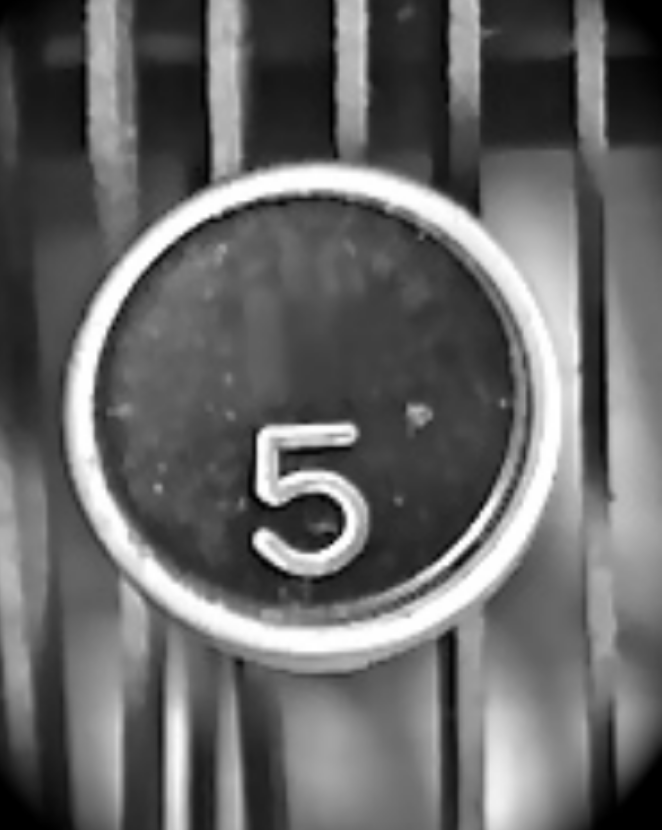5 HOT BOOKS: A Covid Pandemic Diary, Woke Racism, and More
/1. What Just Happened: Notes on a Long Year by Charles Finch (Knopf)
Finch’s chronicle of the vertiginous year beginning on March 11, 2020, nearly brings one to wish for pre-vaccination days if, that is, they could be spent in his pod, experiencing his sharp, revelatory cultural observations, polymathic curiosities, and keen sense of wit, irony, and moral compass. His register moves from rage to heartbreak in a paragraph, in a pastiche of “flatten the curve,” the Capitol mob, the War of 1812, the scarcity of hand sanitizer and spaghetti, buying stuff recommended on TikTok, and listening to Taylor Swift and Maren Larae Morris. Reflecting on the real genealogy of the world, Finch imagines a “far finer tracery of family trees” than patrilineal or matrilineal, one designed to include all the surrogates as real as parents, like his grandmother. He then reads Virginia Woolf’s postwar diaries in which she writes that “Thousands of young men had died that things might go on,” and he recalls laughing over what followed: “Must order macaroni from London.”
2. Woke Racism: How a New Religion Has Betrayed Black America by John McWhorter (Portfolio)
A leading voice for a nuanced discussion of race, McWhorter has hit the bestseller list with his cri de cœur. The professor of linguistics, American studies, and music history at Columbia University is a Black liberal who argues in his bracing, fierce, and compulsively readable jeremiad that the “wokeism” of the cultural left has made “antiracism” a rigid, fundamentalist religion never to be questioned without risking exile, and that the result is a sense of victimhood that leads to the infantilization of Black people. Rather than “dismantling structures,” McWhorter proposes three feasible, effective, and immediate ways to help Black people: end the war on drugs, teach reading properly (teach phonics, rather than the whole-word method), and get past the idea that everyone should go to college.
3. Scientist: E. O. Wilson: A Life in Nature by Richard Rhodes (Doubleday)
In this wonderful fit of author and subject, Rhodes, winner of the Pulitzer Prize for The Making of the Atomic Bomb, brings his clear prose, narrative instincts, and deep knowledge of scientific inquiry to this biography of Edward Osborne Wilson, the pioneering sociobiologist who was twice a Pulitzer Prize winner himself. Rhodes, with full access to Wilson’s archives, traced his scientific work in the natural world and his revolutionary argument about the power of Darwinian evolution to shape animal and human behavior. Rhodes captures the arc of Wilson’s life, from his Alabama youth and the fishing accident that blinded him in one eye through traveling the world in field research and then advocating for biodiversity and against the destruction of the wilderness. Rhodes captures a life in full, including the curiosity and creativity that led Wilson to write Anthill, his 2010 novel about an Alabama boy and rival ant colonies which won the Chicago Tribune’s Heartland Prize.
4. Oh William! by Elizabeth Strout (Random House)
With Oh William!, Strout returns to the bestseller list and, for the third time, to Lucy Barton in her Amgash series (following Anything Is Possible and I Am Lucy Barton) and to the Maine of her Pulitzer Prize-winning Olive Kitteridge. Lucy, a successful writer, is recruited by her first husband, William, to meet his recently discovered half-sister, living in Maine. Strout has a magical way of creating characters who sustain a narrative, as Lucy, who lived through an anguished childhood and vexed marriage to unfaithful William, considers the mysteries of their marriage and his patronizing mother. Since her debut novel, Amy and Isabelle, which won the Chicago Tribune Heartland Prize in 1999, Strout has plumbed the corners of the human heart without sentimentality, finding the loneliness and isolation separating everyday people from one another.
5. Five Tuesdays in Winter by Lily King (Grove)
King is known for her ambitious novels – ranging from Euphoria, involving anthropologists in New Guinea in the 1930s in a passionate love triangle, to an aspiring novelist frustrated in Cambridge, Massachusetts, circa 1997, in Writers and Lovers – and this entrancing collection reflects her talent for creating intimate portraits of people and evoking the landscapes they inhabit. The 10 stories feature vulnerable, keenly observant protagonists – such as a 14-year-old mother’s helper for an affluent family who reads Jane Eyre and imagines a newlywed husband as “Rochester” – and King scales rocky mountains of human emotion through generations scarred by alcoholism, mental instability, and unhappiness to build this richly rewarding vivarium of stories.










